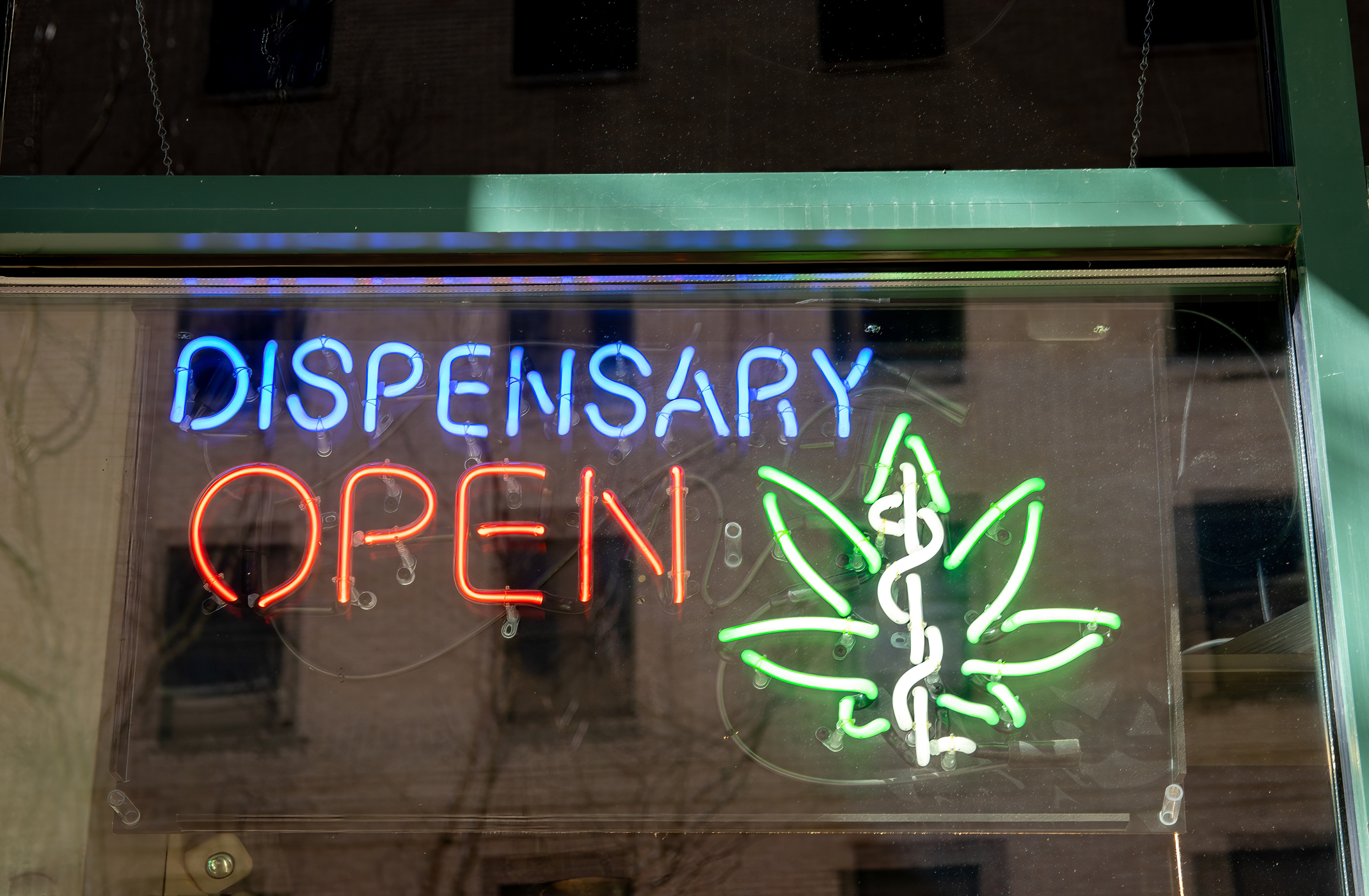- June 21, 2023
- 3 minutes read
Small Cannabis Farmers Face an Uphill Battle Against Established Operators in New York’s Legal Weed Market

In the rapidly expanding cannabis industry, small farmers in New York are finding themselves at a significant disadvantage as they prepare to enter the state’s legal weed market. While many of these farmers had anticipated a head-start over large multistate companies, the reality is turning out to be quite different.
Currently, New York has 10 operational medical Registered Organizations (ROs), vertically integrated companies with substantial capital and years of experience in large-scale cultivation. These ROs have inherent advantages over the conditionally licensed farms, which are mostly small businesses. Moreover, proposed regulations severely limit the number of indoor grow lights that conditionally licensed cultivators can use, while ROs can run expansive indoor grow operations.
The existing disparities between ROs and Adult-Use Conditional Cultivators (AUCCs) are a cause for concern among small farmers like Michael Casacci, who runs New York Seed Lab and the House of Sacci brand. Casacci fears that the well-funded ROs will outshine small farmers in terms of marketing, distribution, quality, and overall competitiveness.
While legislation was passed to create AUCC licenses and give local hemp farmers an advantage, these licenses come with restrictions on indoor cultivation. AUCCs are allowed only a limited number of artificial grow lights and are confined to smaller outdoor or greenhouse spaces. In contrast, proposed regulations for ROs are more permissive, allowing them larger indoor canopy spaces with no apparent limits on artificial light arrays.
The ability of ROs to transition to the adult-use market and compete directly with AUCCs once regulations are finalized further exacerbates the challenges faced by small farmers. The slow rollout of cannabis retail in the state has left many AUCCs with unsold harvests due to limited shelf space and constrained market access.
Brittany Carbone, co-founder of AUCC company Tricolla Farms, highlights the disparity, noting that dispensaries prefer indoor-quality cannabis, putting AUCCs at a competitive disadvantage. This sentiment is echoed by Britni and Jayson Tantalo, co-founders of Flower City Dispensary, who recognize the consumer preference for indoor-grown products. They acknowledge the dominance of the grey market, which offers indoor-grown cannabis at competitive prices.
While some argue that small farmers are well positioned in New York’s adult-use market, others, like Marv Morales of Morales Family Farms, feel that ROs should be subject to a waiting period before entering the adult-use market. Morales emphasizes that the ability to control variables like weather and pests through indoor cultivation gives ROs a substantial advantage over outdoor cultivators.
Despite proposed regulations requiring ROs to allocate shelf space to non-RO brands initially, concerns persist among small farmers about their ability to compete on an even playing field. The road ahead for these farmers remains challenging, and they hope for fair regulations that level the playing field, allowing them to establish their place in New York’s legal weed market.
